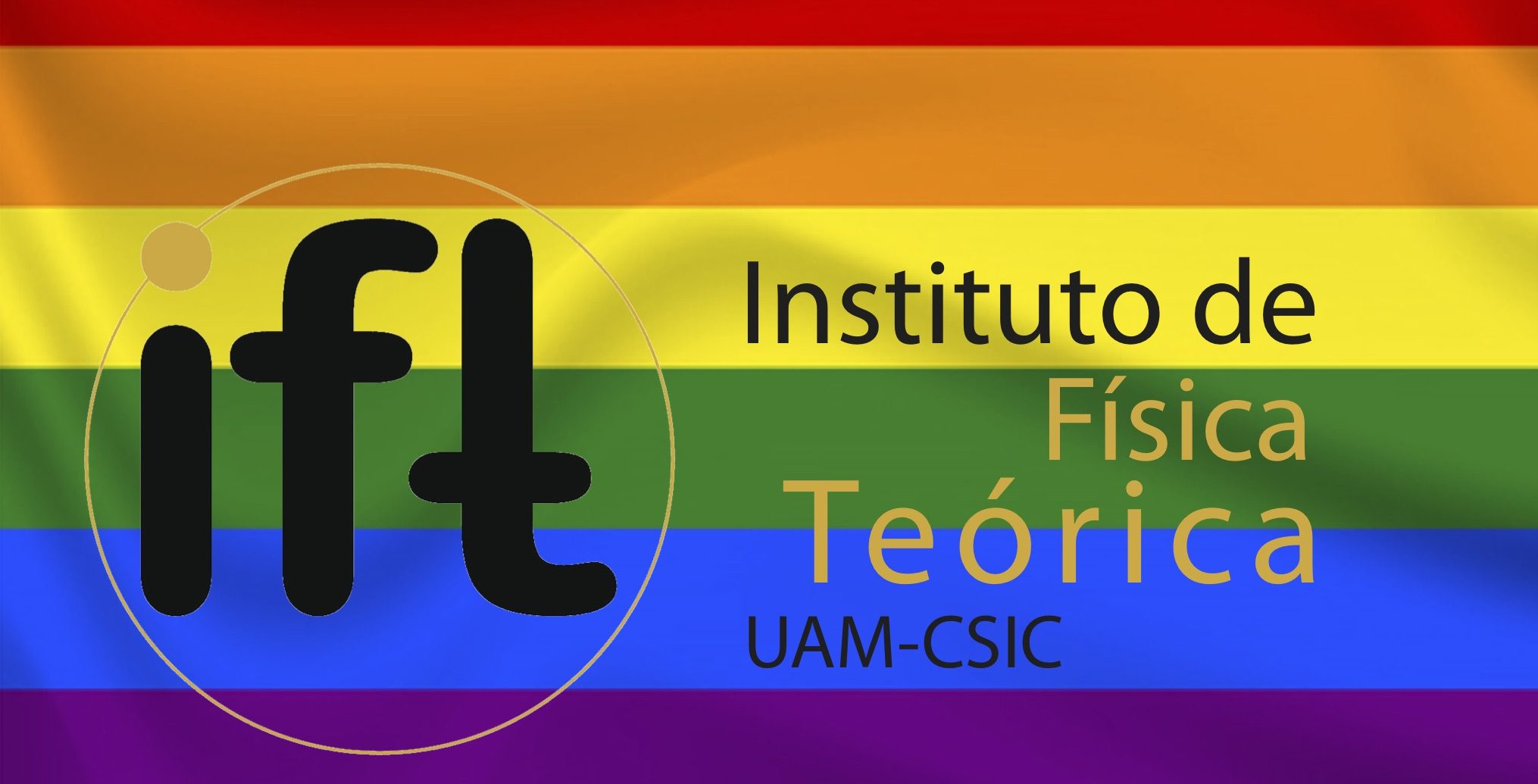Second EDI “online awareness & training activity”
In this second event, we would like to bring your attention and raise a debate on the possible impact of the use of an inclusive language in science. We would like to suggest the reading of a published research that analyzes the impact of the use of gender-neutral pronouns and explores this question with 3 experiments in Sweden, a country that formally incorporated a gender-neutral pronoun into its language alongside established gendered pronouns equivalent to he and she.
Title: Language influences mass opinion toward gender and LGBT equality
Authors: Margit Tavits and Efrén O. Pérez
Affiliations: Department of Political Science, Washington University in St. Louis, St. Louis, MO 63130; Department of Political Science, University of California, Los Angeles, CA 90095; and Department of Psychology, University of California, Los Angeles, CA 90095.
Abstract: To improve gender equality and tolerance toward lesbian, gay, bisexual, and transgender (LGBT) communities, several nations have promoted the use of gender-neutral pronouns and words. Do these linguistic devices actually reduce biases that favor men over women, gays, lesbians, and transgender individuals? The current article explores this question with 3 large-scale experiments in Sweden, which formally incorporated a gender-neutral pronoun into its language alongside established gendered pronouns equivalent to he and she. The evidence shows that compared with masculine pronouns, use of gender-neutral pronouns decreases the mental salience of males. This shift is associated with individuals expressing less bias in favor of traditional gender roles and categories, as reflected in more favorable attitudes toward women and LGBT individuals in public life. Additional analyses reveal similar patterns for feminine pronouns. The influence of both pronouns is more automatic than controlled.
For the interested readers the manuscript contains supplemental material with more details on the data collection and analysis.
